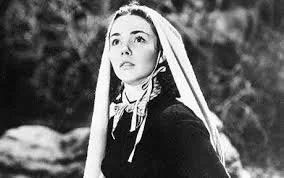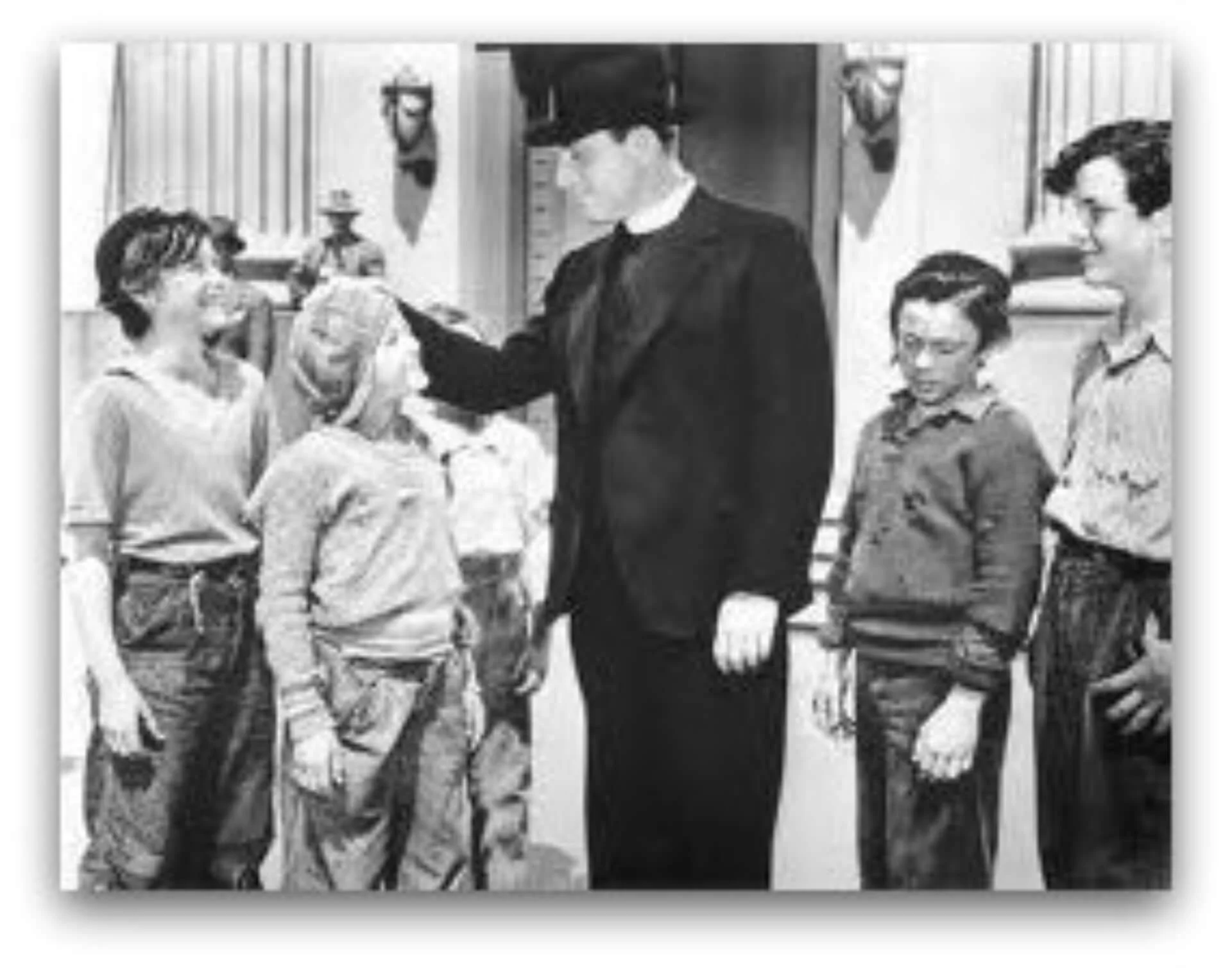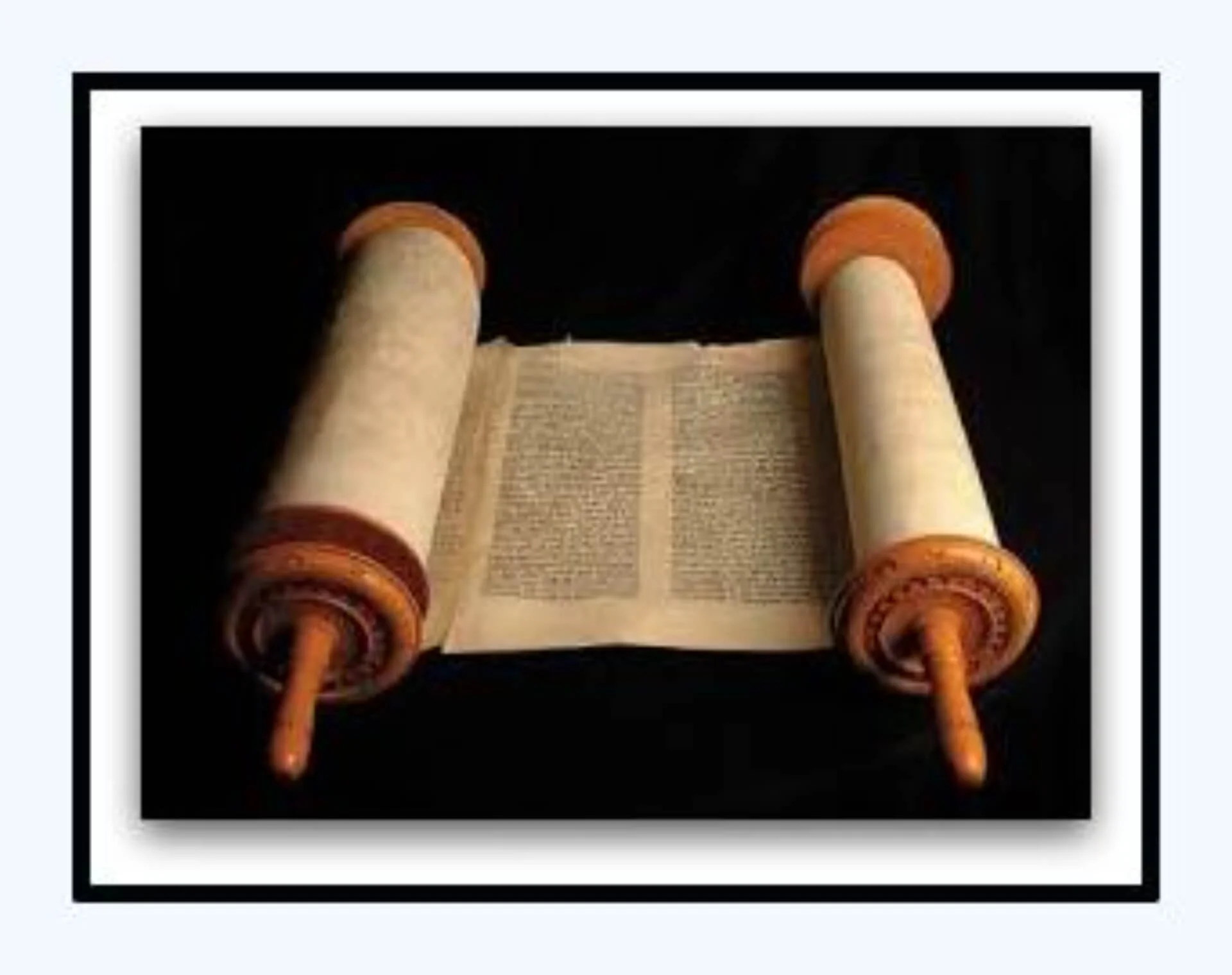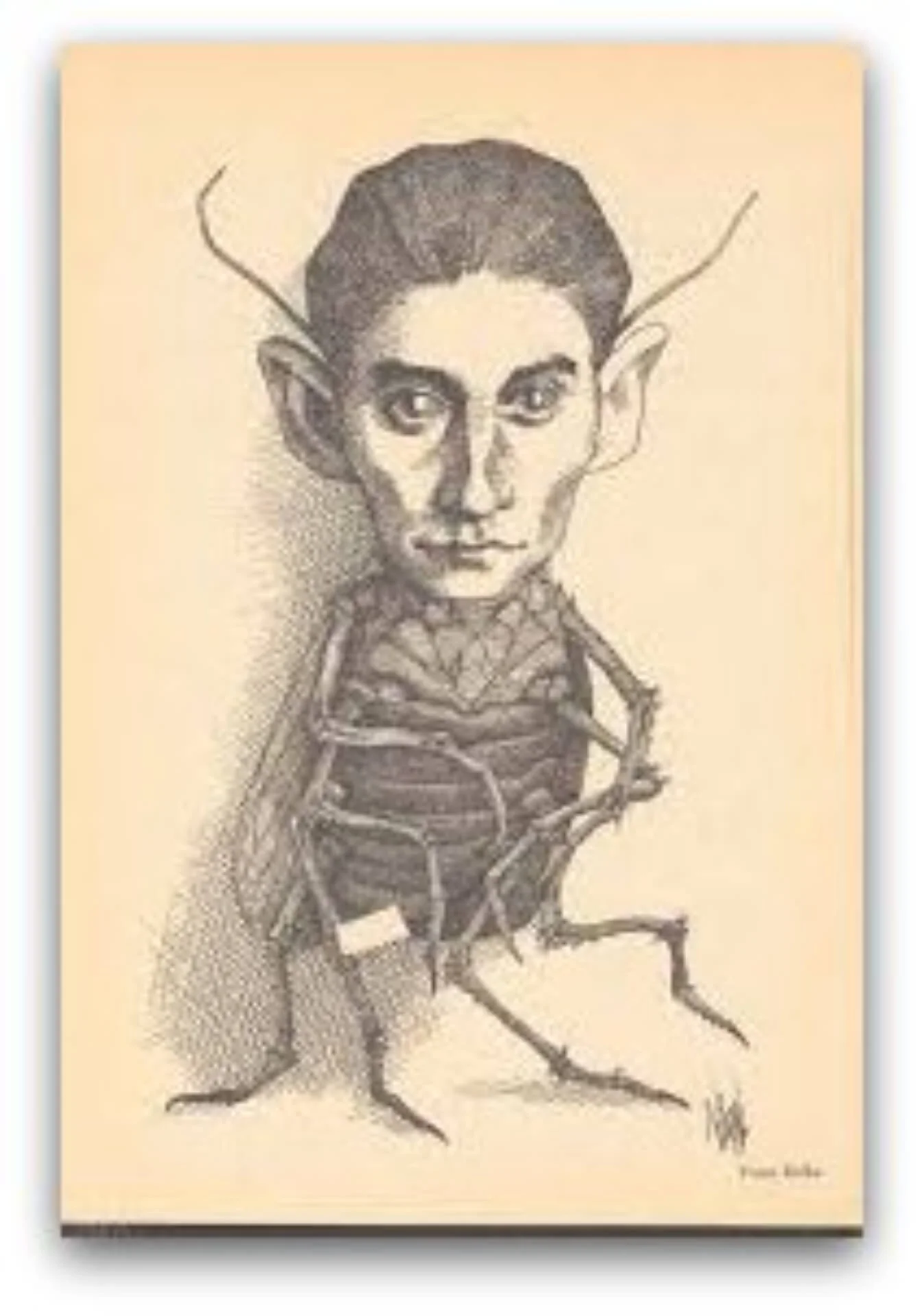On the Question of Otherness
Of late I’ve been thinking about how the past influences us, sometimes even haunts us. Most of us are aware that our childhoods shape and groom our adult selves, but how many of us realize that beyond our personal pasts we’re also influenced by the lives of our ancestors? I mean the actual events that happened to them—the sorrows, joys, fears, and ways of coping, which through some mysterious process, become ours.
The lucky among us are the recipients of stories passed down through the generations, but others of us search in vain for clues about our backgrounds and have only our imaginations and dreams to rely on.
Last weekend I was asked to speak at a local temple to discuss the influence of my secular Jewish upbringing on my writing, a subject I’d never explored before, or even really thought about until now. The assignment has sent me on a discovery process in which I hope to examine my own brand of “Jewishness”— how I might view the world through the values and perceptions and judgments passed down to me through the religion/culture, and how these, in turn, inhabit my writing.
During my childhood we attended a reformed synagogue. Our rabbi, young and handsome (I did have a crush on him!), was a liberal and intellectual humanist sort of guy who might well have been a Unitarian minister or the leader of an Ethical Culture congregation. I liked him well enough, but he was not the wisdom figure I craved.
I can see myself as a child already on the search for answers to the Big Questions, already a seeker and too interior for my own good. Also, I had a mystical bent. Movies like The Song of Bernadette starring the young and radiant Jennifer Jones set in motion in me a surge of longing to be a nun. I was hooked on movies in which a young woman (often pregnant and unmarried) sought solace in a church. Alone and on her knees, she’d pray to a statue of Mother Mary, whose face was preternaturally kindly and serene.
Before the actress rose from her knees, who would slip into the pew beside her to ease her burden and offer wise words—none other than Spencer Tracy or James Cagney or Robert Young in the costume of a priest! It seemed to me then that church was a place you go when in trouble and always, always, always find succor and help.
Those movies might have been pure romantic schmaltz, but they spoke to me in ways I couldn’t explain. It might have been the cathedral settings, candle flames casting shadows over the altar, Christ’s mournful face, or it might have been the sense of hush and holy evident on the awed or sorrowed faces of the congregants. In any case, the reformed synagogue, by contrast, was for me devoid of a sense of mystery, and my Sunday school lessons more a matter of learning Jewish history, mostly Old Testament stories about battles and exile and who smote whom, than instructions for the soul.
But I was not Catholic. And my upbringing, though not religious, was wholly Jewish in outlook and demeanor. The values imparted to me had to do with the importance of education; loyalty to family; care for the downtrodden; and a sense of the tragic—the Job question—that is, the inevitability of suffering as fate. My character, Mr. Tabachnik, in The Conditions of Love, exemplifies these values, but it wasn’t until I began to ponder how my “Jewishness” (as opposed to Judaism) has influenced my writing that Mr. Tabachnik’s role as Eunice’s moral compass hit me.
Another issue that arose as I was preparing for the temple discussion was my Jewish father’s dream of assimilation, his desire to disappear into the New World Promised Land presided over by the Horatio Alger myth of a friendly universe where anyone can be anything if he works hard enough. But like other immigrant populations, he was burdened by a sense of otherness that was impossible to shake.
My father had one way of looking, acting, and talking that he adopted for the outside world, but he slipped on another persona at home. At ease and unobserved, his gestures and even his language changed. Off came the suit and tie, wingtips, the gray fedora, and out of his mouth came words like goyim and shiksa, or a spew of Yiddish jokes. As a sensitive child, I noticed his quick change-artistry and was puzzled and maybe a little hurt by the discrepancy, sensing the shame behind it.
The dream of assimilation is really an impossible dream since it entails denying a past and an ancestry that cannot be cast off. Every family has its secrets, but perhaps immigrant families and minorities carry the added burden of disowning on the outside what they are on the inside, or in some cases attempting to dissolve their former identities completely. I remember visiting the FBI building in Washington, DC when I was ten and seeing pictures of master criminals who’d erased their fingerprints with acid. Those people too, though for different reasons, were fugitives from their own identities.
The unspoken, the unsayable, the hidden: our ancestors’ secrets come down to us, sometimes through dreams or sometimes by examining our own quirks and proclivities that find a resonance with the past. I suppose it’s not surprising that each of my characters has secrets and a back-story that shapes and influences how he or she acts in the story-present. As the plot unfolds, ghosts from the past haunt the present. As in art, so in life!
Who doesn’t sometimes feel as if they were standing outside a charmed circle, an outlier? But what does it mean to belong? Sharing the same values with the larger culture? The same religion? The same dietary preferences? The same physiognomy? Does feeling like an outsider come from the inside, a view of oneself that has difference at its core? Or is one made to feel Other by the reflection of our peers? Our family?
So many questions! The answers are a work-in-progress. But for now, here’s a short list of books that explore Otherness. I’m sure there are hundreds of others. Please feel free to add your own suggestions and comments to the list.
Geek Love by Katherine Dunn
Invisible Man by Ralph Ellison
Sacred Country by Rose Tremain
The Metamorphosis by Franz Kafka
Beauty and the Beast by Charles Perrault
The Stranger by Albert Camus
The Catcher In the Rye by J. D. Salinger




